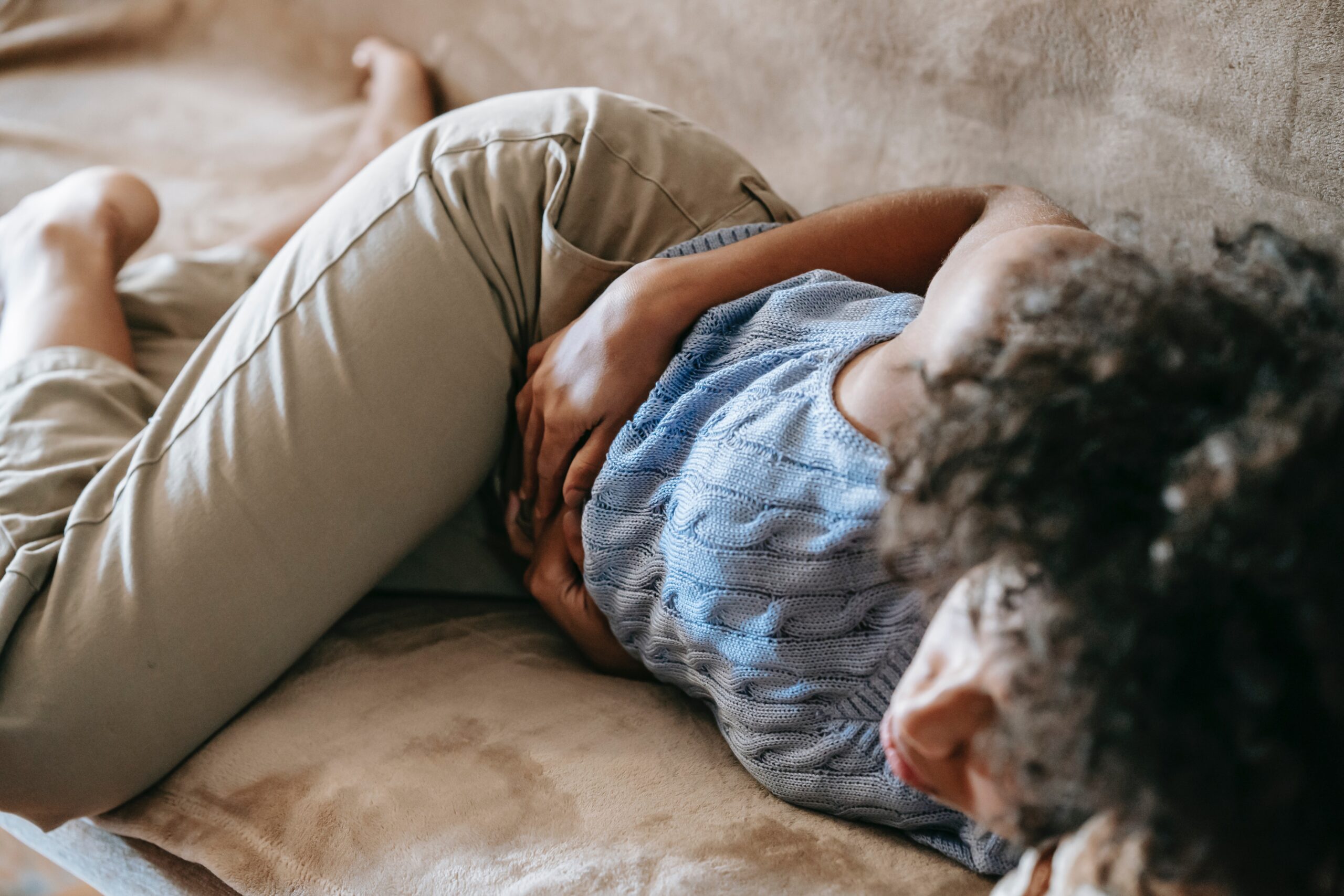Understanding your menstrual cycle can be helpful for a countless number of reasons. You can build your monthly schedule around the energy levels you have each phase, eat foods that support each phase and more accurately navigate conception. This is why period tracking apps have become such a helpful tool in recent years.
In that same vein, it can be more difficult to track your cycle when it’s irregular, which can be true for women suffering from PCOS, amenorrhea or any form of hormonal imbalance. But with menstruation being the marker in tracking your cycle and fertility, it’s worth asking: can you ovulate without a period?
What Is Ovulation?
Let’s first clarify just exactly what ovulation is. Typically occurring on the 14th day of an average 28 day cycle, your ovaries release a matured egg ready for fertilization.
After the egg is released, it remains alive for about 12 to 24 hours before disintegrating and absorbing into the uterine lining. Two weeks after ovulation, the lining of the uterus will discharge from the vagina in the form of menstrual blood, which is what we commonly know to be our period.
This may be a time when you’re especially confident, since the estrogen and testosterone levels rising can lead to a person feeling bold and risqué. Because it’s your most fertile window, you may have a more primal desire for sex, which is ideal for anyone trying to conceive.
Signs that you’re ovulating include:
- Breast tenderness
- Heightened sex drive
- Excessive discharge with a wet or egg-white-like consistency
- Swollen vulva
- Appetite shift
- Mood shift
- Basal body temperature increase
Can You Ovulate Without a Period?
There are a number of reasons why you may be missing your period, from pregnancy and breastfeeding to certain medications and excessive exercise. But what does this mean about your chances of ovulating?
While ovulating without a period is unlikely, it’s not totally impossible. Since your period results from ovulation, it’s uncommon to ovulate without having a period, but there could be underlying reasons as to why no period follows up, including uterine scarring or releasing an egg between 12 to 16 days before your expected period.
Similarly, anovulation, a common cause of infertility, happens when an egg doesn’t release from your ovary during your menstrual cycle. Because menstruation happens when an egg is not fertilized, you don’t technically menstruate without ovulating. However, you can still “bleed” without ovulating, and this is known as anovulatory bleeding.
If ovulation skips several cycles, the lining of the uterus builds up. However, you don’t receive the trigger to shed the lining, commonly known as having your period. When this occurs, the lining of your uterus becomes disordered and unstable, releasing heavy blood irregularly and lasting longer than your normal menstrual bleeding. Stressors such as lack of sleep, overexercising, travel, illness or grief can trigger stress hormones that can suppress your ovulation and trigger anovulation.
All In All
So, can you ovulate without a period? It’s not the most common, but not totally impossible. Whether you’re trying to conceive or are avoiding it at all costs, having a monthly period and knowing when you’re ovulating is incredibly helpful. There are plenty of ways to support your cycle and hormonal balance, and a plethora of hope for every person with a uterus.
